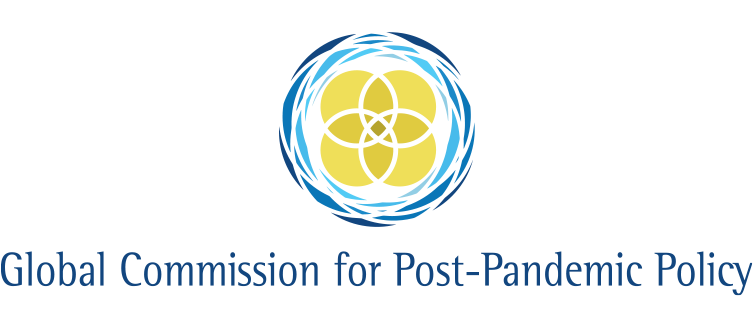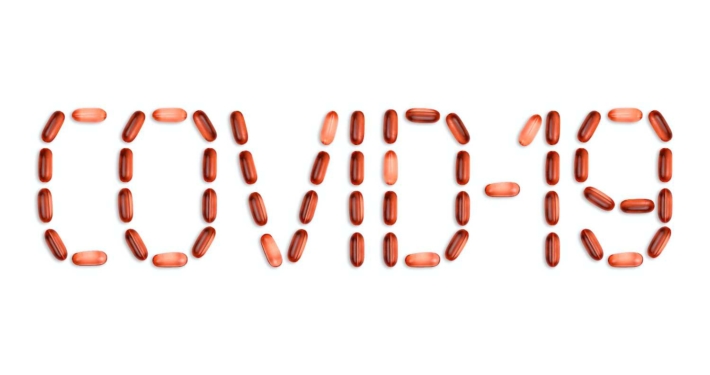The Pandemic, week to February 16th
Health
The pharmaceutical giants Pfizer and Moderna have both begun clinical trials of their respective vaccines in children 12 and older, and later plan tests in even younger children. Oxford AstraZeneca also announced a clinical trial in children aged 6-17. The fact that herd immunity will require at least 70% of a given population to be immunised against the virus means that the vaccination of children will ultimately be an important part of the global vaccine effort.
In Europe, Stella Kyriakides––the bloc’s Health Commissioner––announced that the European Union will fast-track the approval of COVID-19 vaccines adapted to mutated strains of the virus. The European Commission has come under fire from member states for its cautious approach to the approval and procurement of existing COVID-19 vaccines, which has seen the bloc lag behind peers in their rollout..
In Japan, the Health Ministry confirmed approval of the Pfizer-BioNTech vaccine, the first to be approved in the country. Inoculations were to begin on February 17th with the vaccination of 10,000 health workers, but a shortage of the special syringes required mean that only five shots will be obtained from each vial, rather than the hoped-for six, slowing the programme down.
In Hungary, Honved Hospital in Budapest confirmed that it had begun administering the Sputnik V vaccine––a Russian COVID-19 vaccine––to patients. This makes Hungary the first European Union member to administer the vaccine, side-stepping the European Medicines Agency (EMA) which has not yet approved it. The results of late-stage clinical trials of Sputnik V suggest that it is both safe and highly effective. Nevertheless, the local Chamber of Physicians––a body representing health practitioners––has criticised the government, calling on it to approve medicines transparently and in accordance with EMA processes.
In Pakistan, the government has agreed to allow the commercial import and sale of vaccines by private institutions, without a price cap. There are fears that the move will only serve to deepen social inequalities in the country. Later this week, Chughtai Lab in Lahore is expected to receive several thousand doses of the Sputnik V vaccine, the first delivery to a private vendor, to be offered for sale at $10 a dose. Otherwise, Pakistan has already begun a free public vaccination effort with 500,000 doses of the Sinopharm vaccine, donated by China.
In Venezuela, a delivery of 100,000 doses of the Sputnik V vaccine arrived in Caracas. The delivery is the first of what will ultimately be 10 million doses of the vaccine, according to Venezuelan authorities. President Nicolas Maduro announced that medical and health personnel will be the first to receive the vaccine. The country has recently relaxed its quarantine measures.
This week, newly recorded COVID-19 cases continued their marked decline worldwide. This trend continues to be driven by strong improvements in Europe and the United States, but case rates appear to be either dropping or holding steady in the vast majority of countries. The primary exception remains southeast Europe, where cases are rising rapidly in Bulgaria, Albania, Greece and some of the Balkan states. The worst per capita infection rates in the world are currently being recorded in Montenegro.
Economy
In the United Kingdom, the Office for National Statistics (ONS) released its fourth quarter GDP estimates. The British economy expanded at an annualised rate of 1% from October through December 2020. Nevertheless, the British economy still slumped by 9.9% for 2020 as a whole. According to the ONS, this is the United Kingdom’s largest one-year fall in GDP since 1709 (though NB that the United Kingdom as such was not created until 1801, and formal GDP measurement dates back only to 1946)
In Japan, the Cabinet Office released its fourth quarter GDP estimates. The Japanese economy expanded at an annualised rate of 12.3% from October through December 2020––its second consecutive quarter of double-digit growth. These followed a near-30% slump in the second quarter. Thanks to those numbers, the Japanese economy is estimated to have contracted by 4.8% for 2020 as a whole, less than the 5.7% contraction it experienced in 2009.
In the United States, the Labour Department released its weekly jobless claims data, showing a slight fall to 793,000, compared with a revised 812,000 the previous week. Before COVID-19, American weekly jobless claims had never topped 700,000––even after the 2008 financial crisis. Nearly 10 million Americans remain unemployed.
In a sign of growing inequality in the United States, while employment remains far from pre-pandemic levels, total wage and salary earnings have fully rebounded. In February 2020, Americans earned $9.66 trillion in wages and salaries. In December, that figure had risen again to $9.67 trillion. This data reaffirms that the COVID-19 pandemic has more deeply affected workers in low-income occupations, rather than their higher income peers. Of jobs lost to the pandemic, around 40% have been in restaurants, bars, hotels, arts and entertainment.
In Brazil, the cancellation of the annual Carnival celebrations due to COVID-19 is set to hit local vendors hard, especially street vendors operating on the margins in the informal sector. In response, Ambev SA––a local beverage company which normally rolls out a big Carnival marketing campaign––is launching an aid program to those who would normally sell its products. The company aims to roll out the program to 20,000 people, paying each slightly less than $50.
Politics
In China, the ongoing World Health Organisation (WHO) fact-finding mission is heightening geopolitical tensions. Last week, the New York Times and Wall Street Journal both reported that a member of the WHO team had complained about their Chinese counterparts withholding full access to the raw patient data of the first 174 COVID-19 cases recorded in the city of Wuhan. Over the weekend, United States National Security Advisor Jake Sullivan publicly expressed concerns over the reported withholding of data.
However, in subsequent days several members of the WHO team came forward to publicly contradict the newspapers’ report––accusing them of misrepresenting the team’s position. Chinese authorities fired backaccusing the US of wilfully undermining international cooperation on COVID-19 and attempting to sway the findings of the independent WHO mission.
In the United Kingdom, Prime Minister Boris Johnson will be hosting a virtual meeting of G7 leaders this week. The Prime Minister announced his intent to push for a more equitable global distribution of COVID-19 vaccines. The same sentiment was independently expressed by French President Emmanuel Macron, who said in an interview on Sunday that “African countries are asking us, justifiably, about their vaccines.” Macron added that both Chinese and Russian vaccines need to be better integrated into the global vaccine effort.
In Nigeria, the BUA Group, a private food and infrastructure conglomerate founded by multi-billionaire Abdul Samad Rabiu, announced that it had paid for a million doses of the Oxford-AstraZeneca vaccine to be administered free of cost in the country. The deal was negotiated in partnership with The Coalition Against COVID-19 (CACOVID), a government and private-sector coalition led by the Central Bank of Nigeria, with the vaccines sourced through the African Export-Import Bank (AFREXIM). However, in an unexpected move, CACOVID disowned the move–– corporate politics reportedly the cause––threatening the deal altogether.
In Spain, voters in Catalonia headed to the polls to elect a new regional government. The voters’ temperatures were taken on arrival, election workers wore protective suits or visors and hand sanitizer was on tap. Those with confirmed or suspected cases of COVID-19 were given a separate time slot to vote later in the day. Pro-independence parties secured over half the vote, but the regional government will still be led by the Socialist Party, which also leads the central government and is opposed to independence.
GCPPP Newsletter
We now publish a weekly newsletter to inform friends and supporters of the Global Commission’s progress and to provide updates when new content is published. Please sign up here:


 Volodymyr Hryshchenko, Unsplash
Volodymyr Hryshchenko, Unsplash
 Adam Nieścioruk, Unsplash
Adam Nieścioruk, Unsplash
 visuals, Unsplash
visuals, Unsplash


